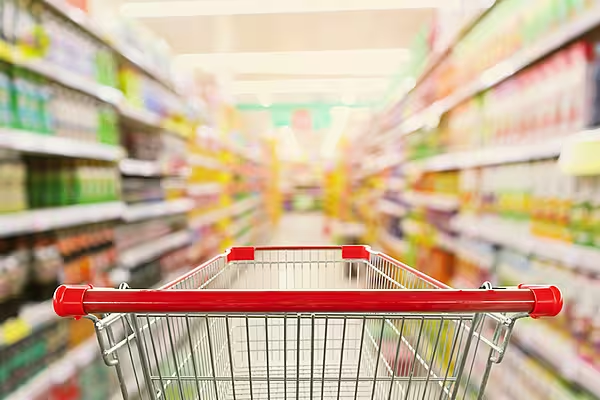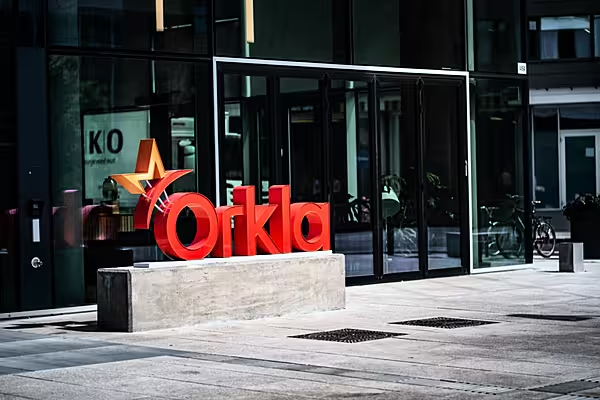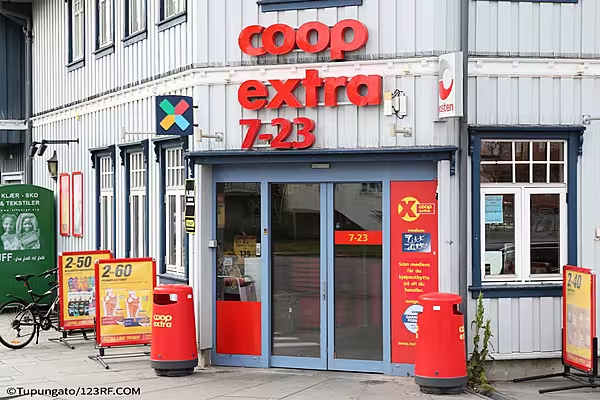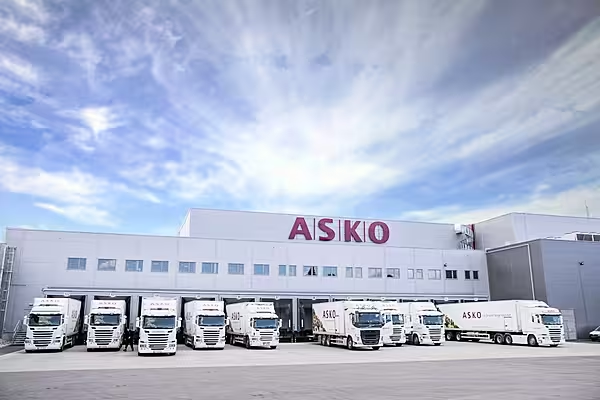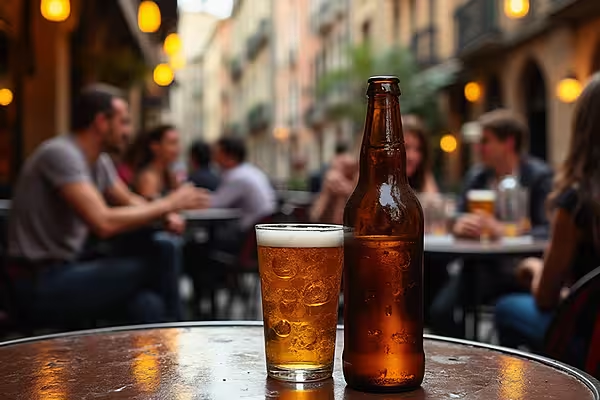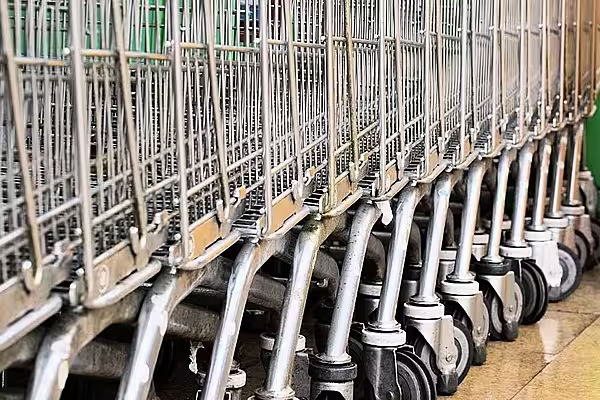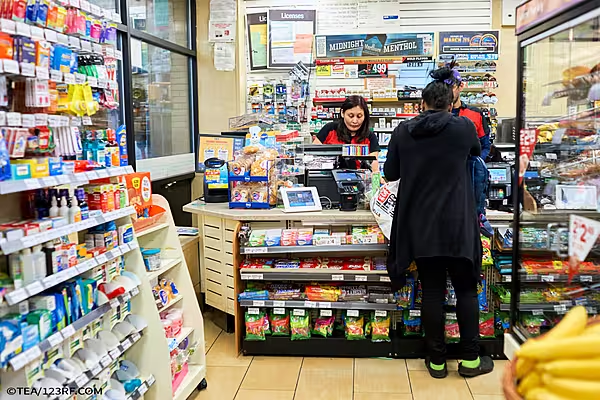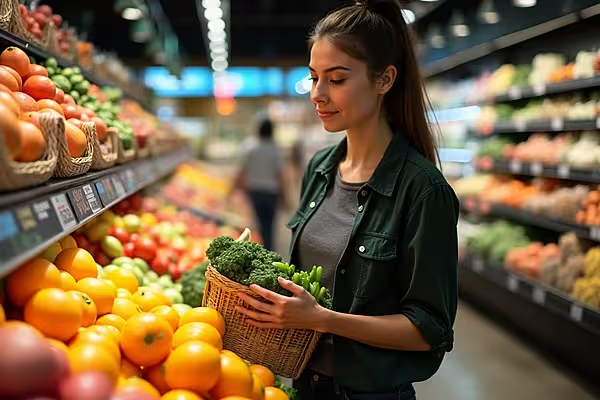Investments in price reduction initiatives and increased costs led to a decline in profit for NorgesGruppen in its 2022 financial year.
The Norwegian retail conglomerate saw profit drop to NOK 2.9 billion (€260 million) in 2022, from NOK 3.9 billion (€350 million) in 2021, while profit margin for the period was 2.8% – down from 3.8% a year ago.
In 2022, inflation in Norway and other countries reached record highs, following the war in Ukraine and the aftermath of the pandemic, resulting in a change in shopping behaviour among consumers.
CEO Runar Hollevik said, “We have never experienced similar price increases from our suppliers, in addition to the fact that we also had increased costs in our part of the value chain.
“We have nevertheless contributed to keeping price growth down through efficiency measures, tough negotiations with suppliers, and continuation of the investments in price cuts.”
Annual Highlights
Operating income at NorgesGruppen (excluding IFRS 16) for the year remained flat, at NOK 102.7 billion (€9.1 billion).
In the food category, its market share dropped to around 29%.
The company saw a 91% year-on-year increase in energy costs, despite reducing energy consumption by around 28% in recent years and producing 118 GWh of renewable energy in 2022.
It also witnessed price increases from suppliers due to high transport, energy and packaging costs.
Hollevik added, “Throughout 2022, we chose to invest in price cuts, despite significant cost increases. With that, we helped to curb the rise in prices for food and drink in this country.”
Price Increases In 2022
In addition to Norway, several neighbouring countries experienced higher price increases in 2022.
Between Decembers 2021 and 2022, food prices in Norway increased by 11.5%, while Denmark saw a 14.9% increase, Finland was at 16.0%, and Sweden at 18.6%.
The reopening after the pandemic brought an expected normalisation of sales revenue, with many customers returning to normal shopping patterns, with the opening of cross-border trade and the catering market.
Read More: NorgesGruppen Urges Government To Control Price Increases In The Value Chain
The company added that it would continue to implement measures to control the extraordinary rise in costs, such as tough negotiations with suppliers, the further reduction of energy consumption, boosting the production of renewable energy, and using new technology for enhanced operations.
Hollevik stated, “The year we left behind turned out to be more demanding than we had expected, and we believe that it will be troubled in the time to come as well.
“Getting control of the extraordinary cost growth will moderate price growth and give customers increased purchasing power. This is our most important priority in the coming year.”
© 2023 European Supermarket Magazine – your source for the latest retail news. Article by Dayeeta Das. Click subscribe to sign up to ESM: European Supermarket Magazine.

